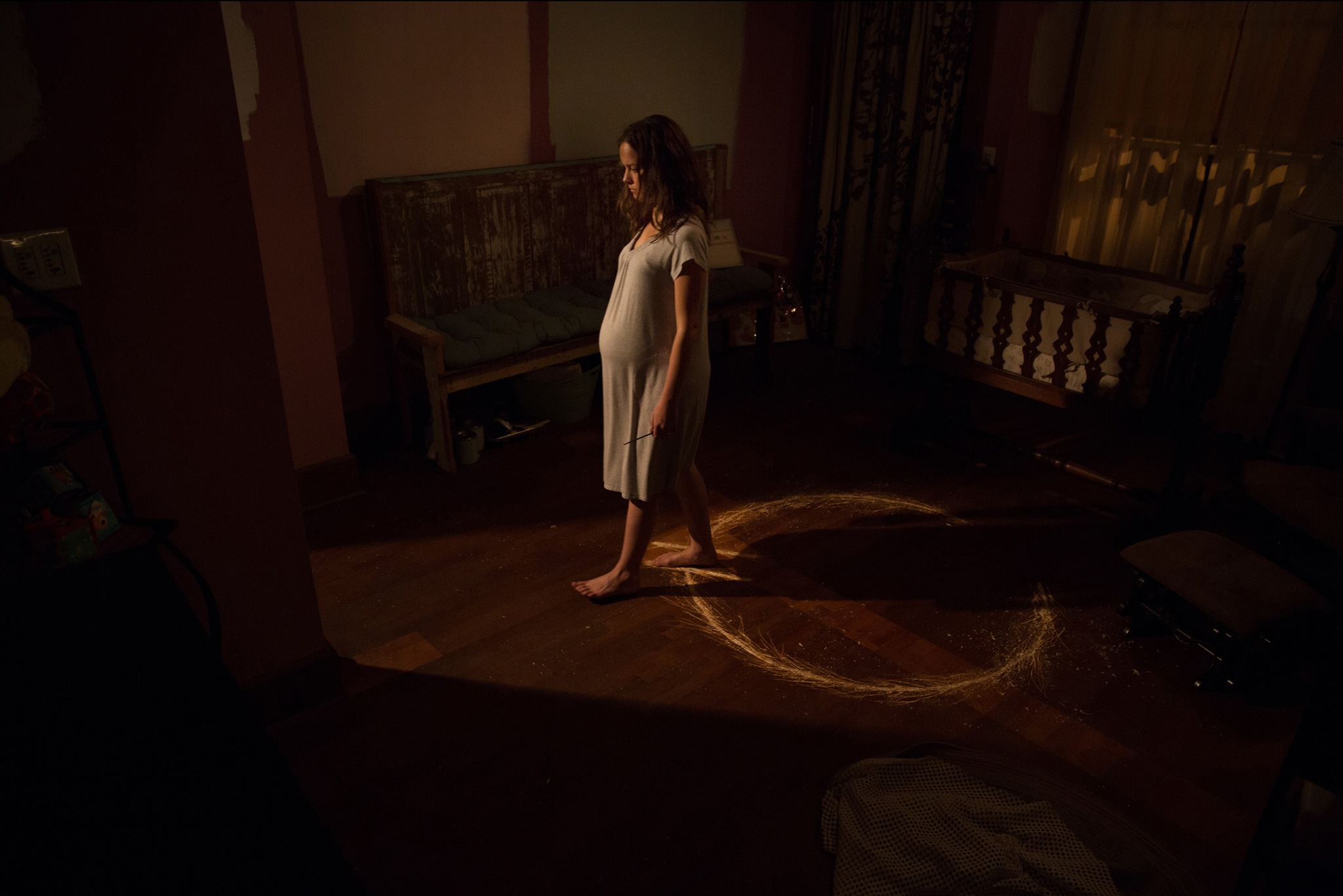Transgenderism was hardly invented in this century; nor is it exclusive to my country. I truly believe transgender opponents think it can be eradicated as if a disease of some sort. Actually, that’s just what I’m hoping they believe. The idea that people could understand what it is not to be comfortable in the skin you’re given and still want to dictate the rights of said people kinda makes me ill.
The scene is Italy in the 1970s, so naturally “Italian” actress Penélope Cruz leads the cast because a film about a tween transgender boy finding his way isn’t confusing enough. This film isn’t about Cruz; she’s just the mom. Our hero/heroine is Adriana (Luana Giuliani), a twelve-year-old assigned female at birth, but prefers now to go by the masculine “Andrea” (think “Andrew” if you’re American). Boy or girl, Andrew is attractive; that much is clear. But Rome in the 1970s is no more a useful place to be transgender than Alabama in the 2020s. Our hero battles often.
Instead of focusing on Andrew’s dilemma, the film splits its time with Andrew’s family and their various doings. I’m guessing Cruz wanted a bigger part because she’s the only name in the cast for most, but being a housewife is barely a role on film, so L’immensità introduced us to dad’s infidelity and mom’s play time – there’s literally a song and dance for setting the table with this crew. And every so often, the camera would remember that its protagonist was still unhappy.
At some point, Andrew sifts through the reeds next to a construction project to find a gypsy encampment (are we allowed to say “gypsy?” I’d rather not, but I’m not aware of a PC alternative). Andrew immediately locks eyes with a girl from the encampment who accepts Andrew as a he. Well, this could get interesting now, huh? Except, well, not so much; this is the best relationship in the film, but writer/director Emanuele Crialese didn’t allow it to develop past shallow infatuation.
girl from the encampment who accepts Andrew as a he. Well, this could get interesting now, huh? Except, well, not so much; this is the best relationship in the film, but writer/director Emanuele Crialese didn’t allow it to develop past shallow infatuation.
L’immensità is Italian for “the immensity,” which probably describes the weight of growing up trans in 1970s Rome, but the film never spells it out; we kinda just have to guess while dad continues having his affair. Is this the trans anthem we’ve waited for? Doubtful. I think it wants to be, especially when it punctuated Andrew’s life with black and white showtune fantasies, but mostly the film showed trans angst without showing anything else. It’s like an Egg McMuffin breakfast with just the egg and a half-eaten hash brown … and a Twinkie thrown in for good measure. Is an Egg McMuffin breakfast complete without a Twinkie? Sure, but the producers thought you might like this part, too.
The biggest problem with the well-meaning L’immensità is that the film couldn’t decide whether it was a “slice of life” or a “coming of age.” The slice of life genre seems apt given the attention paid to Penélope Cruz and various misadventures like all the kids getting stuck in the sewer system one afternoon, but this picture was clearly about Adri. For instance, Adri is rarely separated from their siblings and yet we never meet them. The sexual identity crisis would also suggest “coming of age.” However, neither the unresolved relationship, nor the ambiguous ending would suggest the same. Our “coming of age” protagonist learns that “life goes on?” That’s an incredibly weak message for a coming of age film.
There once was a child named Adri
Whose trans life was considered quite tawdry
They railed at the zoo
But what good would it do?
Well folks that’s exactly the quandary
Not Rated, 99 Minutes
Director: Emanuele Crialese
Writer: Emanuele Crialese, Francesca Manieri, Vittorio Moroni
Genre: I’m hoping they let us know eventually
Type of being most likely to enjoy this film: Transgender activists
Type of being least likely to enjoy this film: Republicans



